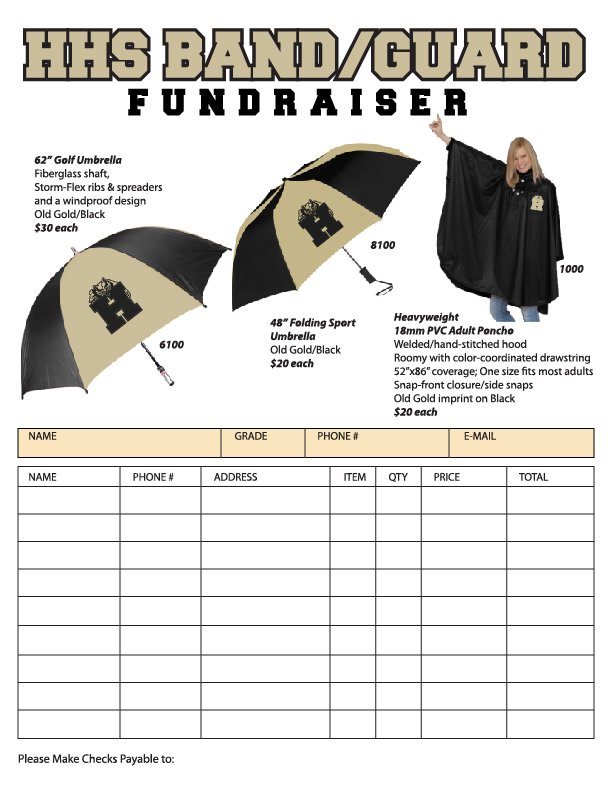How to Run Your School Store
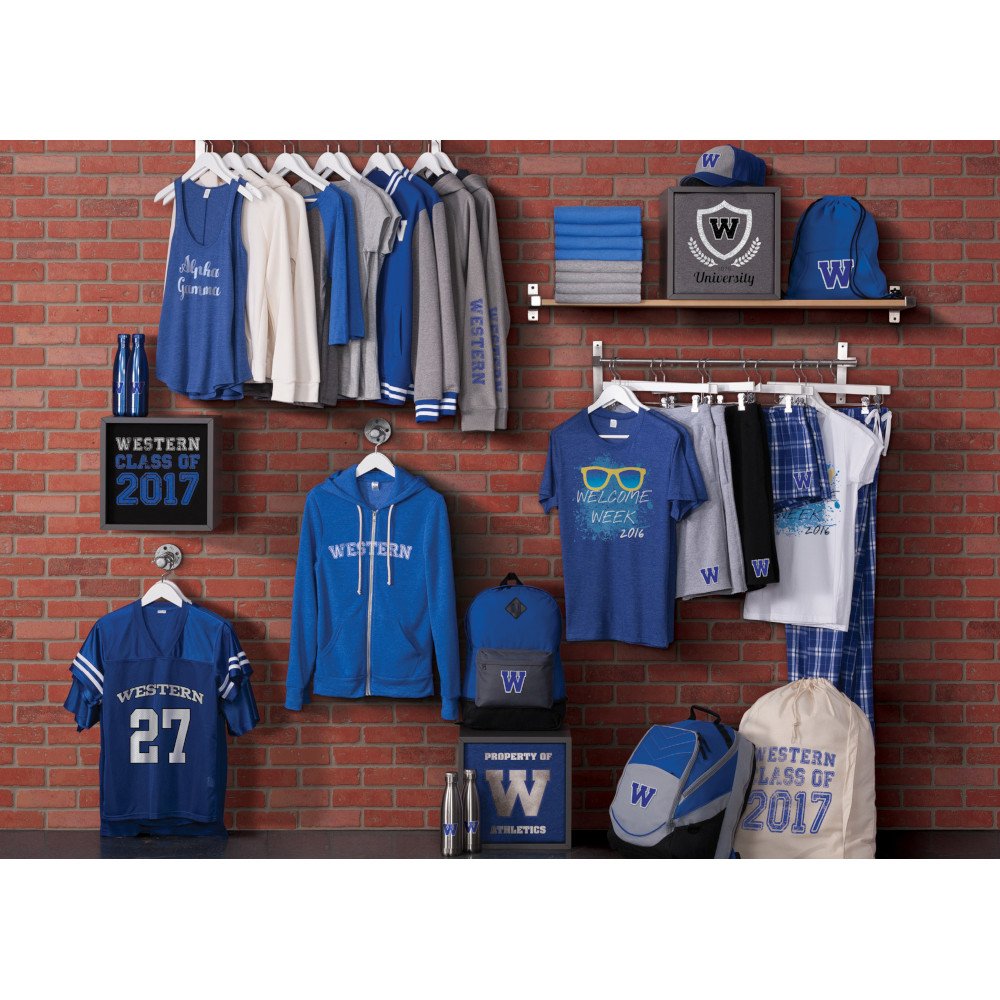
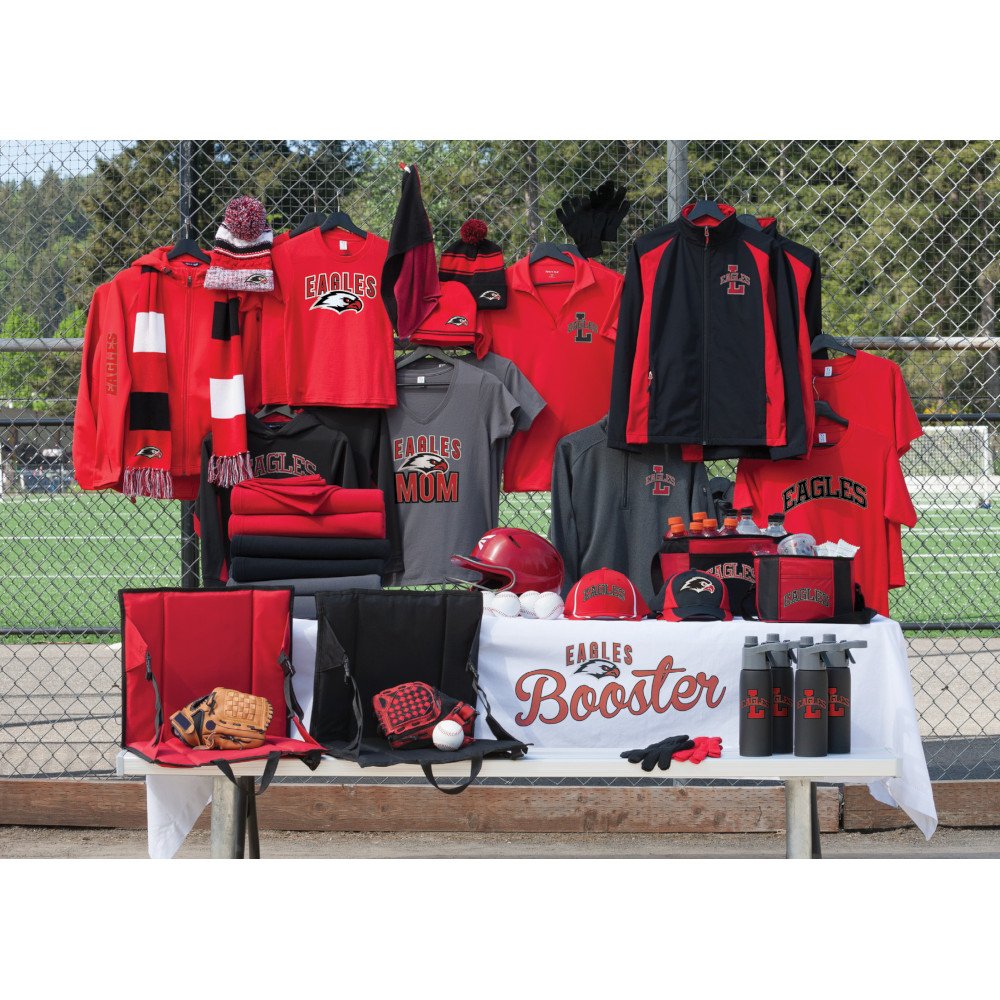
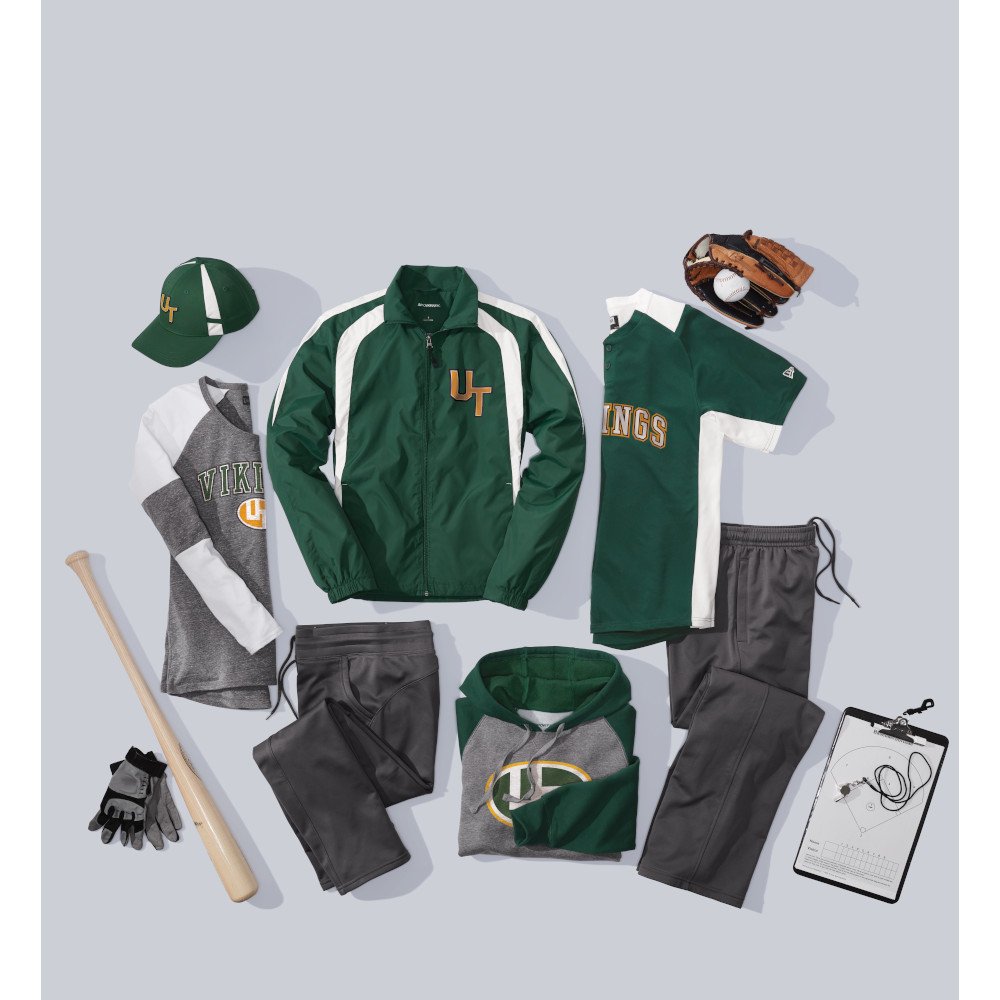
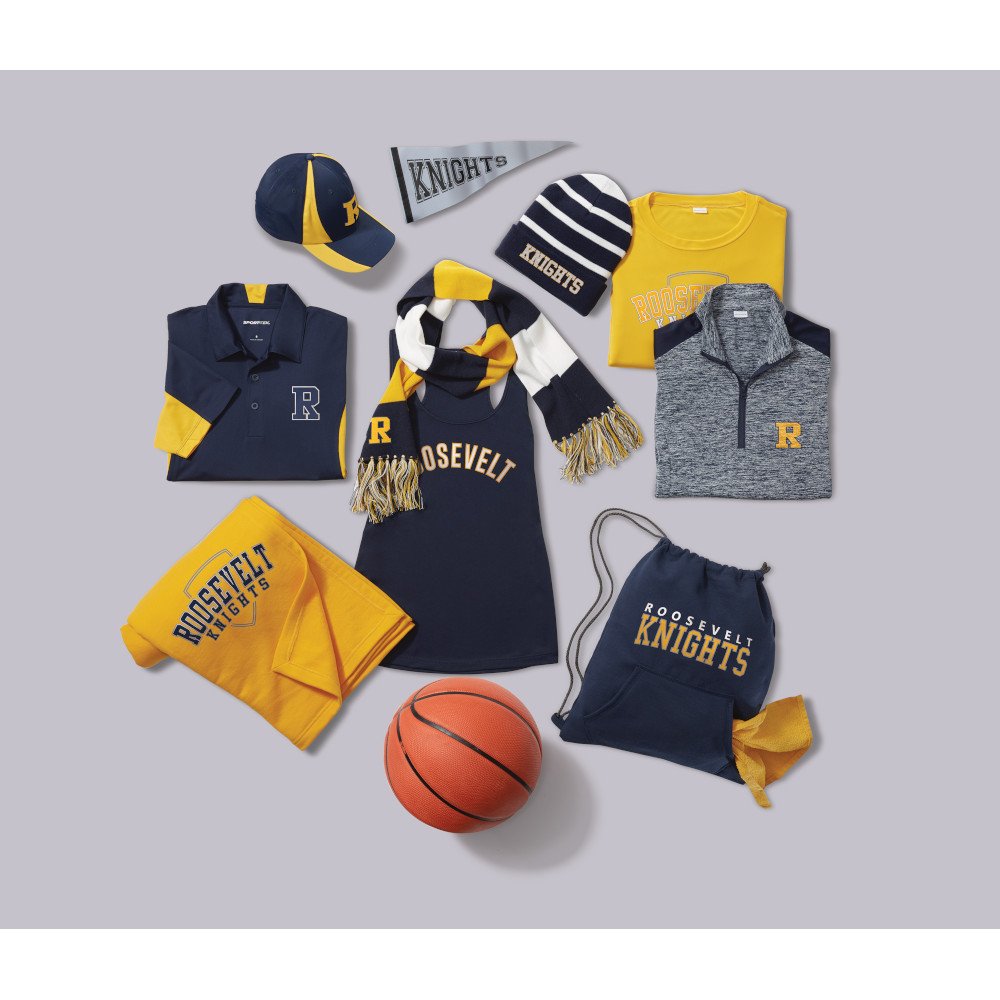
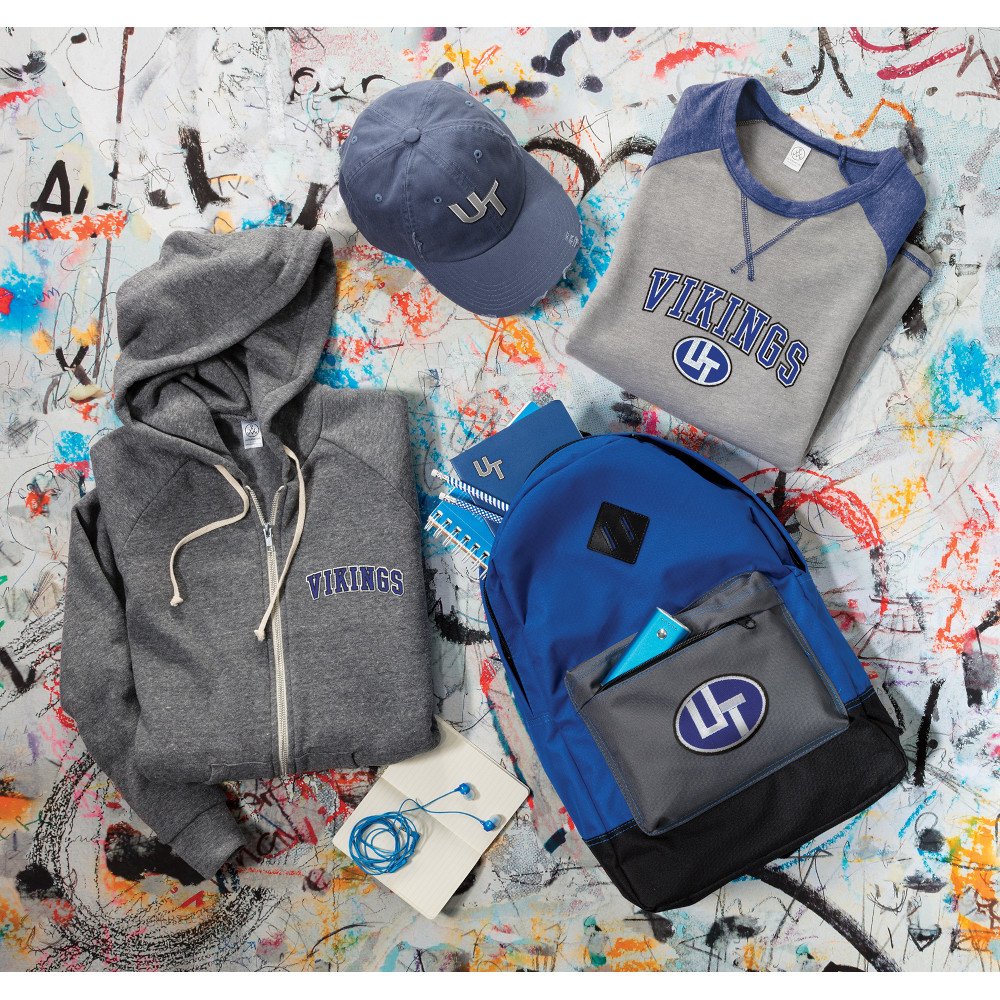
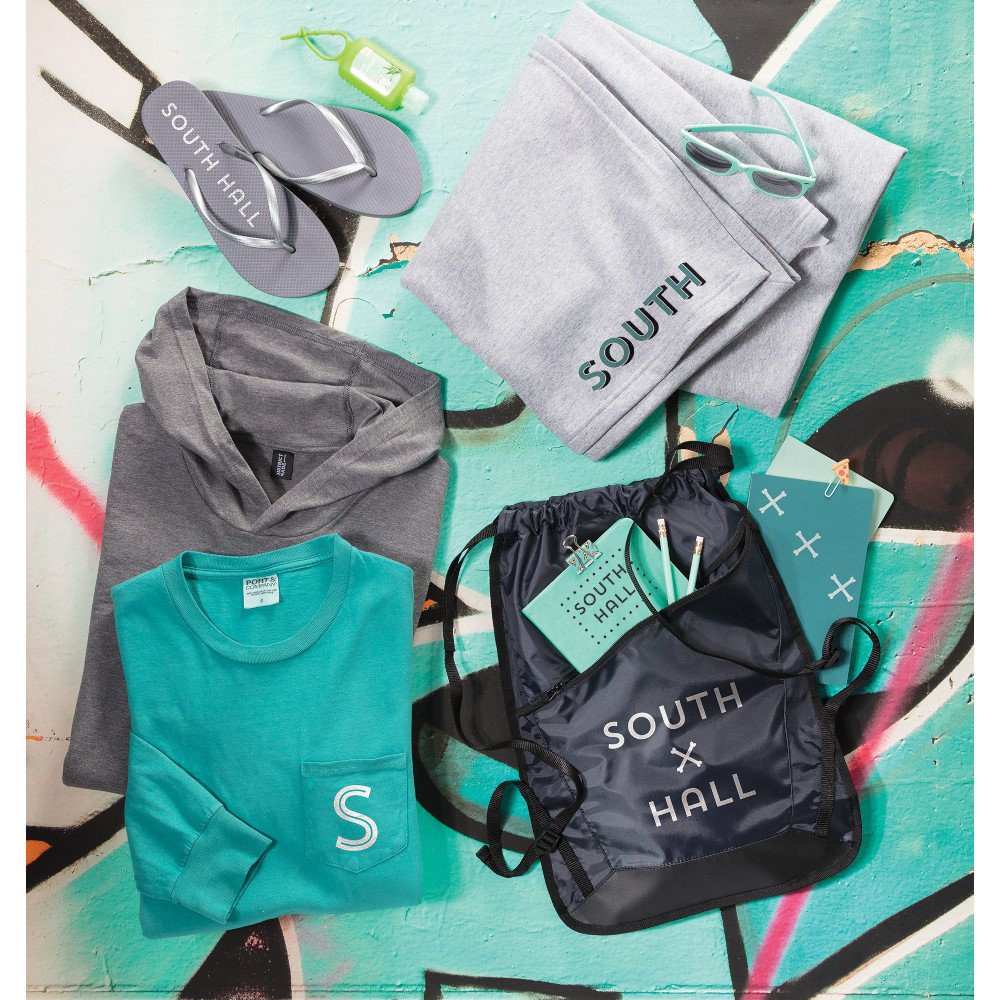
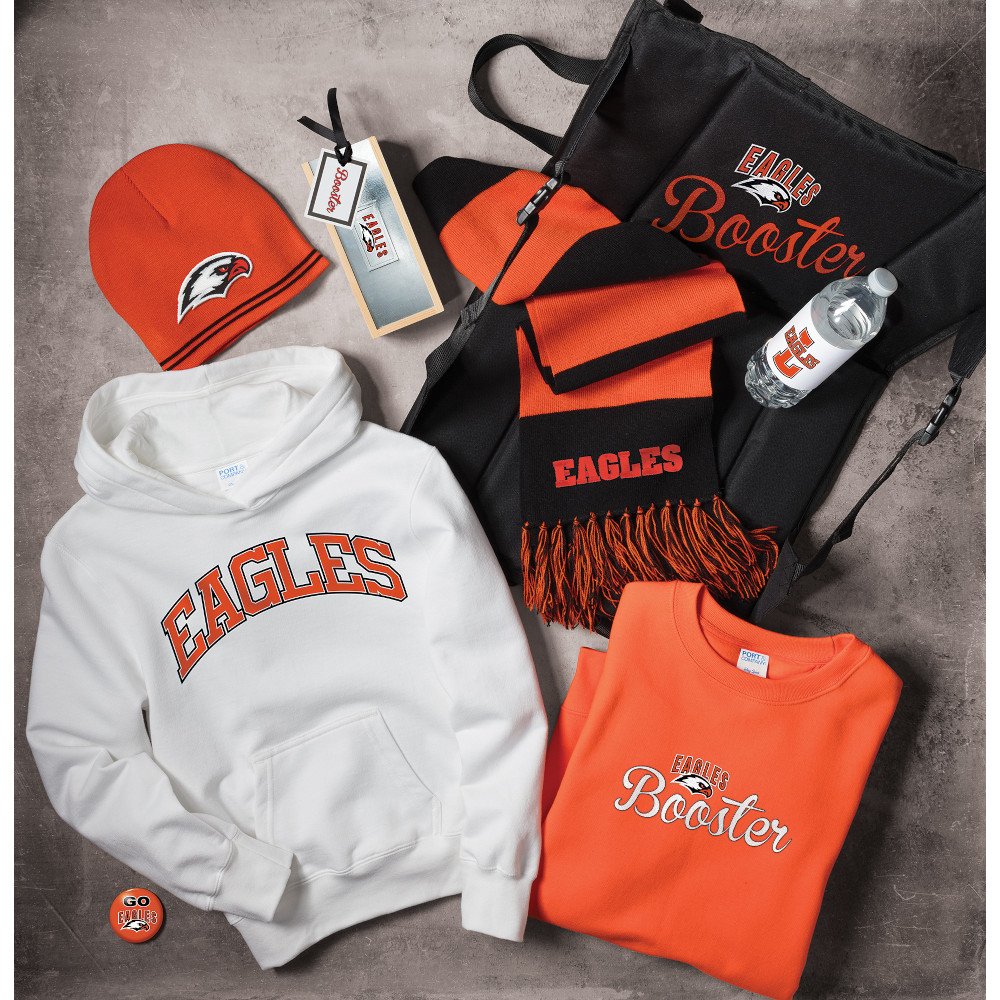
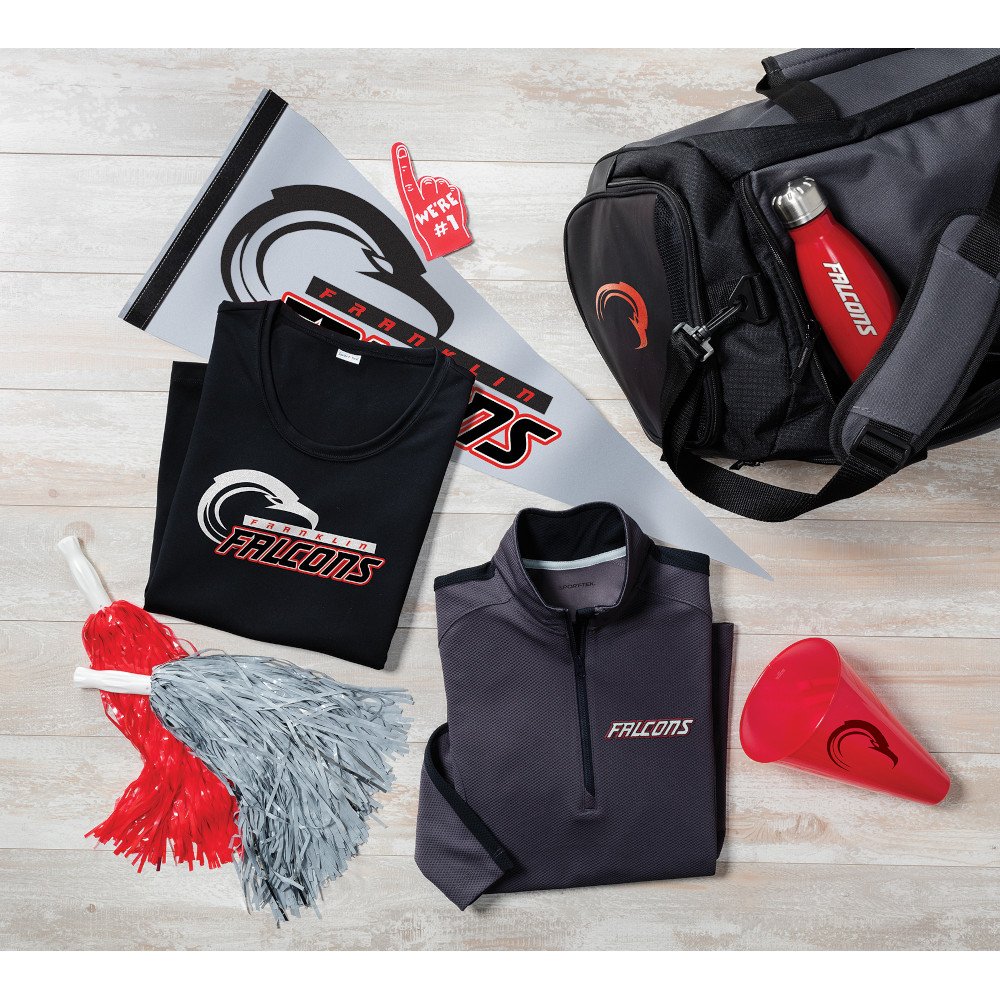
Why running a school store prepares students for the real world?
At School Spirit Store we believe it is never too early to learn valuable skills that will prepare students for life after school. Student-run school stores are the perfect place for students to learn a work ethic and to develop their work place skills.
The following are some potential “real life” skills that students will acquire and take with them from their experiences running their school store:
Budgeting – Each store must work with their financial means. A budget must be set and managed throughout the year. This will determine the amount of product ordered (inventory), the salaries of the staff (staffing) and this will set the tone for the overall operating flow of your school store.
Accounting – Once the budget has been set, the money must be managed properly. This may entail opening a bank account and purchasing accounting software. To maintain control over the finances, every financial transaction must be recorded. From the cost of the whole products to the selling of the retail products, it is important that costs and the profits are what were planned in your overall budget.
Purchasing and Pricing – Once the budget for the store has been set, students must then determine the types of products that will attract customers to the store and how much of each item they can reasonably expect to sell. Once items are purchased, students will then need to determine what a reasonable price will be for each item keeping costs and profit in mind.
Marketing – Without customers no store will do well. Students will need to market their store, promote the store and advertise throughout the school community – being sure to let people know the hours of operation and if there are sales or specials happening. Tying win with athletic or school events to sell is a great way to draw in sales
Inventory Control – Once the product is in your school store, there must be a procedure in place to management the inventory. This will prevent your store from theft, running out of product and ordering too much product. Inventory checks must be made on a daily basis.
Security – As with any retail operation, security is needed to protect your school store from theft. Make sure there is a safe place for school store products. Limit the amount of people who have access to the store and there should be a school administrator who oversees this access. Limit the number of people who have keys to the store. In some cases, only the school administrator should have a key.
Sales – Now that the school store is up and running, the students must be responsible for selling the product. As in the case in all sales, proper knowledge of the products is essential. Plus, pleasant and confident interaction with your customers is essential. Always be nice and answer and questions or concerns your customers may have.
Customer Service – Just like the “sales” category above, the same principals apply with customer service. Always treat the customer with respect. Be pleasant and courteous when dealing with your questions. And, within reason, always try to handle any problems that may arise. We recommend that your school advisor play a hands on role with any problems that may arise.
Staffing / Scheduling- A school store must have the proper amount of employees on hand at al times the store is open. This will vary from store to store depending on the size of your store and the hours of operation. The busiest hours of operation with be before school starts, lunchtime and right after the closing bell.

